
Hot Docs: Love Me Review
At a time when American politicians are sat around fiercely thinking about the crisis in Ukraine, another group of Americans has beaten them to it by dedicating their lives to Ukraine in another way – Mail order brides…

At a time when American politicians are sat around fiercely thinking about the crisis in Ukraine, another group of Americans has beaten them to it by dedicating their lives to Ukraine in another way – Mail order brides…
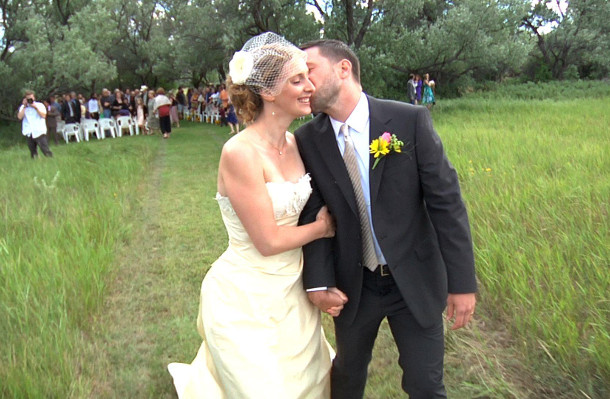
Two decades ago, professional documentary filmmaker Doug Block began to film weddings as a way of making money on the side. Gaining access to, and providing a record of, the most important day in a couple’s life felt like a noble way of making a living and brought happiness to everyone, including himself.
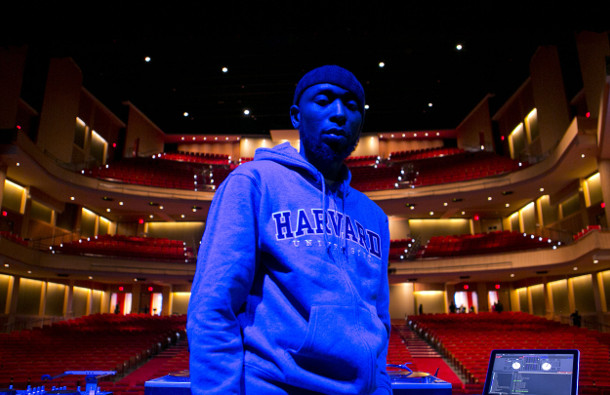
Deep inside of Harvard University, within a building called the W.E.B Du Bois institute, there is an experiment underway to create a whole new academic discipline. Inside the building is the HipHop Archive and Research Institute, a project that is trying to “encourage the pursuit of knowledge, art, culture and responsible leadership through HipHop.”
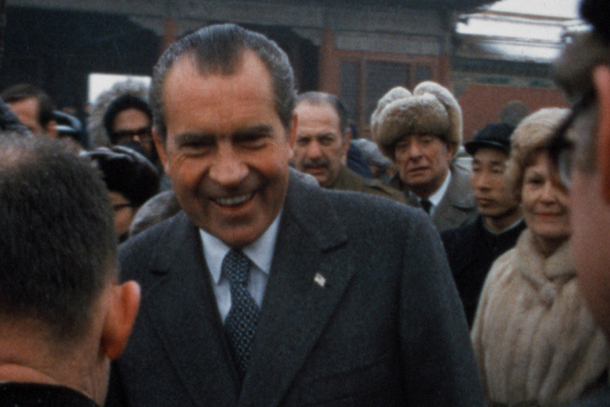
It is often a mistake of mainstream audiences that Documentaries are simply another genre of film – in opposition to drama, horror or sci-fi etc. But anyone who has an interest in non-fiction filmmaking knows that there are a huge variety of different types of films. Documentaries can focus on science/nature, human-interest, history, biography or politics amongst many other generic nuances.
Theoretical arguments around representation suggest that the very act of capturing a certain area of ‘real life’ is in itself political, as the choice of what to include and omit has consequences about what audiences will think about any given subject matter. But if a ‘political documentary’ is defined as a film that presents one or more arguments focusing on an area of Political policy (a decision made by a government) then these are ten of my favourite recent examples.
Anyone who has ever studied English Literature or Media Studies will have encountered the idea that there are only 7 archetypal stories – such as Overcoming The Monster, The Quest or The Tragedy. A huge number of films and narratives are also derived from classic fairy tales and myths, but this is usually implicit or unintentional.
Sometimes a film tries to explicitly update ancient stories. This can be clever and covert like O Brother Where Art Thou? (Homer’s Odyssey) or Terminator 2 (Rumplestiltskin); or really contrived like Brother’s Grimm. Conventional wisdom would suggest that hiding a classic narrative within a modern plot is normally more creative that an overt remake. However a new film from Danishka Esterhazy bucks this trend with truly disturbing results.

In the province of British Columbia in Canada there is a stretch of highway (16) that leads from Prince George to Prince Rupert that has become know informally as the ‘Highway Of Tears’. It has garnered this gruesome epithet due to a series of unsolved murders that are attributed to the area: a majority of which are of Aboriginal people, all of which are women.
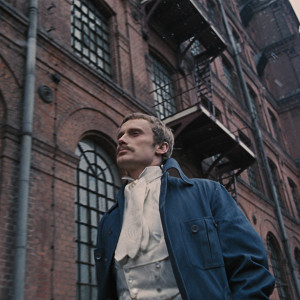
Does a Polish anti-capitalist film made under communist rule (1975) adapted from a book written during the turn of the century (1898) at a time of Russian-Emperor rule tell us anything about contemporary America? Martin Scorsese seems to thinks so and has included it in his Masterpieces of Polish Cinema series.
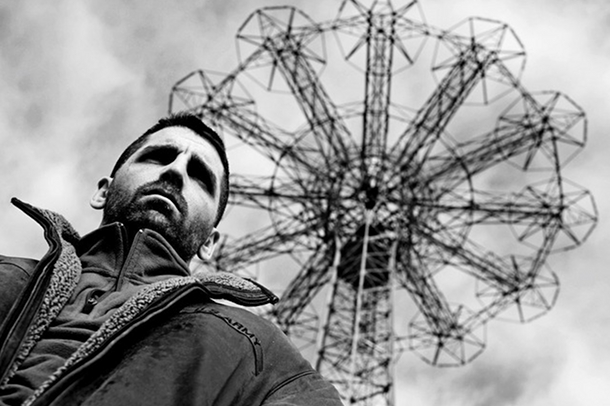
Film theorists in the early 1970s where obsessed with the idea that the act of watching films for pleasure was itself a deeply complex insight into human psychology. The experience was cathartic and expressive of our inner desires and projections. The debut film from Ryan Kennedy puts this idea onscreen to tell a disturbing story of a tormented man obsessed with voyeurism and watching film.

Spetters is Paul Verhoven’s fifth feature length film and his penultimate release in his native Netherlands. It’s controversial representation of youth culture and sexuality angered many audiences when it was first released in 1980 and still manages to shock today.
The story follows three working-class motorbike enthusiasts living in a small town near Rotterdam who have ambitions dreams about motorbike racing. When their hero arrives in town, the national motorcross champion Witkamp (Rutger Hauer); their lives become altered drastically in three very different (and ludicrous) ways.
Jean Luc-Godard’s second film is a lot more serious than his sensational debut À Bout de Souffle (Breathless). It is heavily influenced by the existential philosophy of the era, as well as exemplifying the French New Wave style that would make him famous.
The story is told from the point of view of Bruno, a French soldier living exiled in Geneva in order to escape the Franco-Algerian war. Bruno is working for some mysterious French intelligence figures that insist that he kills a sympathizer of the Algerian nationals (FLN) called Palivoda to prove that he is not a double agent. He knows that he has no choice so he begrudgingly agrees; yet in the meantime he meets a model named Veronica, who turns out to also work for the FLN.